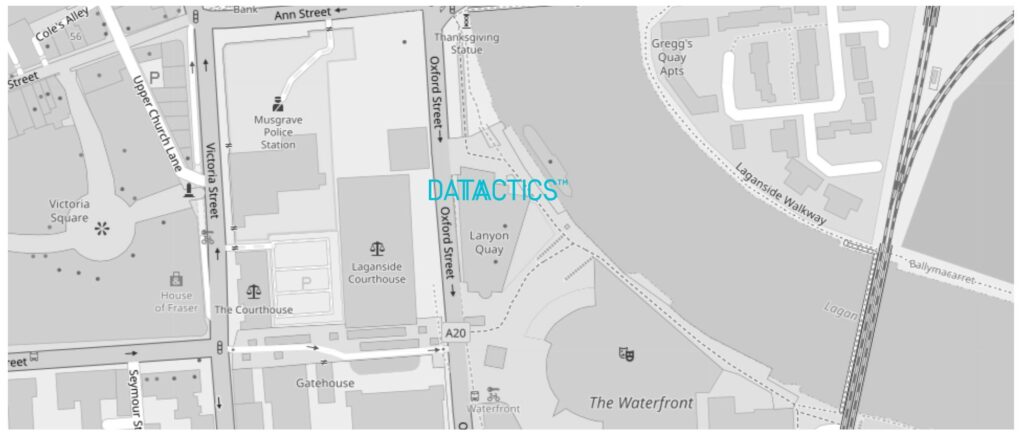What is a Data Catalog?
A data catalog is an inventory of an organisation’s data assets, which can be accessed by data stewards and scientists in order to quickly retrieve the information they need. Similar to a library system, it uses metadata to organise enterprise data and helps to prevent messy data from affecting the entire enterprise.

Whilst data catalogs have been around for some time, it would have previously been a very manual task organizing an enterprise’s data. Now, however, with greater automation and data-driven technologies, it is much easier to quickly navigate and make sense of the data an organisation holds.
For departments where timeliness is key (e.g emergency services/policing), data catalogs are a valuable tool for allowing secure data discovery and accessibility. In the same way that search engines like Google can quickly categorize enormous amounts of data and present a user with the relevant results, data catalogs use metadata to organize an enterprise’s data assets into an inventory to be accessed by data stewards, analysts and scientists. The benefits of a data catalog include improved operational efficiency in terms of time and money saved, but also data stewards are empowered to self-serve in order to access the data they need, without having to rely on other departments.
Data catalogs support data governance and improve data discovery within an organisation, helping prevent wasted resources and data lakes turning into data swamps!


